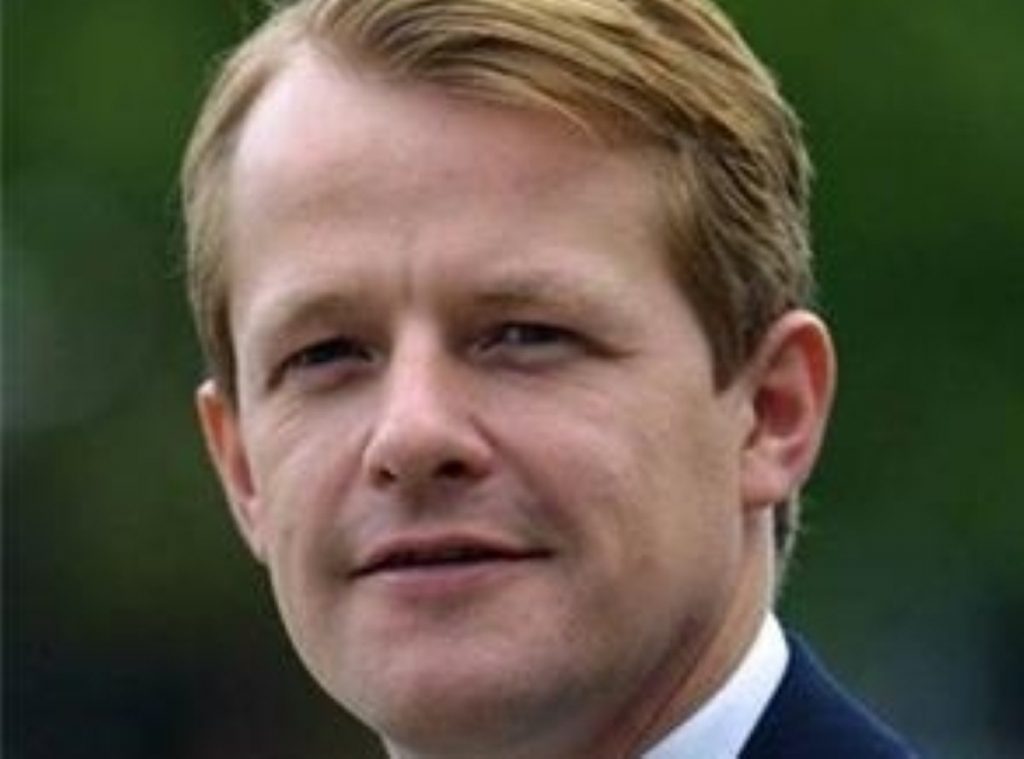Profile: David Laws
David Laws’ political career has contained more ups and downs in the last few weeks than some fit in over the course of their entire career.
This time last month Laws was the Liberal Democrats’ children, schools and families spokesperson, an able and willing member of Nick Clegg’s frontbench team – but a mere opposition politician for Britain’s third-wheel third party.
This time last week he was chief secretary to the Treasury, responsible for implementing the spending cuts which the Lib-Con coalition government says are needed to get Britain’s structural deficit under control.


Now Laws is a government backbencher, facing investigation for expenses claims which may have broken parliamentary rules, and outed by a newspaper investigation as a closet homosexual.
Allies have rallied behind their semi-disgraced colleague, leaving the door open for him to return to the government sooner rather than later.
When he does so the world will know much more about David Anthony Laws than they did last time he first entered power, just three short weeks ago.
After a privileged education at St George’s College in Weybridge, Surrey he achieved a double first in economics at Cambridge University.
Resisting the left-wing tendencies of King’s College, he enjoyed a startlingly rapid rise up the ranks in the City. His time as an investment banker at JP Morgan and Barclays de Zoete Wedd established his reputation as a firm decision-maker who knew when to gamble. He left the City to become economic adviser to the Lib Dems in 1994. Three years later he was the party’s director of policy and research.
After failing to oust Michael Howard in Folkestone and Hythe in 1997 he took over Paddy Ashdown’s seat in Yeovil in 2001. Ashdown reportedly suspected him of being a Conservative mole in the party; he soon proved his loyalty. In October 2002 he became the party’s number two Treasury spokesman.
Laws was a co-author of the 2004 Orange Book, which proved as troubling to left-leaning Lib Dems as it did inspiring to those on the right wing of the party. Its enthusiastic embrace of free-market approaches seemed to clash with the grassroots’ preference for solutions emanating from the left of the political divide.
After the 2005 election he worked on first the work and pensions portfolio and then the children’s brief. Laws was viewed throughout this period as an impressive figure within the party, but was never thought of as a strong leadership contender because of his obvious right-wing stance. After the 2010 election this apparent weakness quickly turned into a huge opportunity.
Despite his party’s disappointing performance on election night, the hung parliament scenario gave Nick Clegg the ‘kingmaker’ powers he had so frequently rejected. Laws was a vital member of the negotiation team which hashed out the deal with the Tories. His presence in the Treasury was, for George Osborne, something of a godsend.
“It was as if he had been put on earth to do the job that was asked of him,” the chancellor said.
Few would have predicted before polling day that, come the end of May, Laws would not just have been in government but be an ex-minister, to boot.
His reputation could yet be scarred by the expenses claims made for rent paid to his boyfriend, the lobbyist James Lundie. The very public exposure of their previously secret relationship means his focus must now shift to personal, rather than political, priorities.












